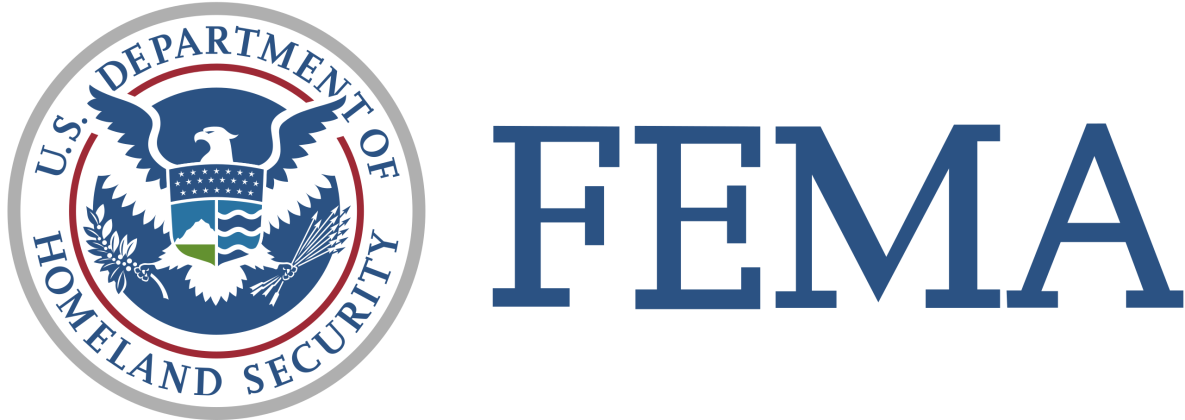FEMA Disaster Assistance Available for Texans
AUSTIN — Texans who sustained damage from the recent severe storms, straight-line winds, tornadoes, and flooding that began April 26 may be eligible for disaster assistance under FEMA’s Individuals and Households Program. Currently, residents living in Harris, Liberty, Montgomery, Polk, San Jacinto, Trinity and Walker counties may be eligible for disaster assistance.
FEMA’s disaster assistance offers new benefits that provide flexible funding directly to survivors when needed the most. In addition, a simplified process and expanded eligibility allows Texans access to a wider range of assistance and immediate funds for serious needs.
New Benefits for Immediate Funds
Serious Needs Assistance, a $750 payment for households for essential items will now be provided in all disasters receiving Individual Assistance to help people make ends meet.
Displacement Assistance is a new benefit that will provide people with up-front funds to assist with immediate housing options of their choice to keep people housed. Serious Needs Assistance and Displacement Assistance are both funded after a completed inspection confirms eligibility.
Apply to FEMA
Survivors can apply to FEMA in several ways including online at DisasterAssistance.gov, downloading the FEMA App for mobile devices, or calling the FEMA Helpline at 800-621-3362. Calls are accepted every day from 6 a.m. to 10 p.m. CDT. Help is available in most languages. If you use a relay service, such as video relay (VRS), captioned telephone or other service, give FEMA the number for that service. To view an accessible video about how to apply visit: Three Ways to Register for FEMA Disaster Assistance - YouTube.
Additional Assistance and Benefits
Streamlined Application Requirements so people can apply to SBA and FEMA at the same.
o Support for Underinsured People for the first time to help them cover aspects of home repair that insurance companies won’t pay for, but they can’t afford on their own, up to the full $42,500.
Simplified Assistance for Entrepreneurs by providing self-employed people with some initial financial support to replace disaster-damaged tools and equipment to help them land on their feet.
o Ex.: computers if you are a gig worker, lawnmower if you are a landscaper
Expanded Habitability Criteria to help people make their homes safer and cleaner post-disaster and so they can repair all aspects of their home post-disaster.
o Previously, if a home had a leaky roof pre-disaster, that area of the home wouldn’t qualify.
Made Accessibility Improvements to help people with disabilities improve their living conditions by making their homes even more accessible than they were pre-disaster.
Streamlined Temporary Housing Assistance Applications by reducing documentation requirements for applicants who need to extend their stay in FEMA-supported temporary housing.
Simplified the Process for Appeals so people who wish to appeal FEMA’s decisions will no longer need to provide a signed, written appeal letter to accompany the supporting documentation.
Computer Assistance for people who need to repair or replace disaster-damaged computers.
Rental Assistance for Temporary Housing
If you currently reside in Harris, Liberty, Montgomery, Polk, San Jacinto, Trinity and Walker counties and suffered damage to your primary residence, FEMA may be able to provide rent for a temporary place to live while you are displaced. Rental assistance is intended to cover monthly rent, security deposit and cost of essential utilities such as electricity and water.
Major Repairs and Out-of-Pocket Expenses
FEMA’s Individuals and Household Program assistance is intended to help jumpstart your recovery. Here are some examples of basic needs:
Home Repair Assistance may be provided to homeowners to repair the structural parts of your home. This includes windows, doors, floors, walls, ceilings, cabinets, heating, ventilation and air-conditioning system (HVAC), utilities (electrical, plumbing and gas systems) and entrance ways. FEMA may also reimburse for the actual cost to repair or replace your furnace, private well and septic system that was damaged or destroyed by the disaster. For the latest information visit fema.gov/disaster/4781. Follow the FEMA Region 6 Twitter account at twitter.com/FEMARegion6 or on Facebook at facebook.com/FEMARegion6/.

